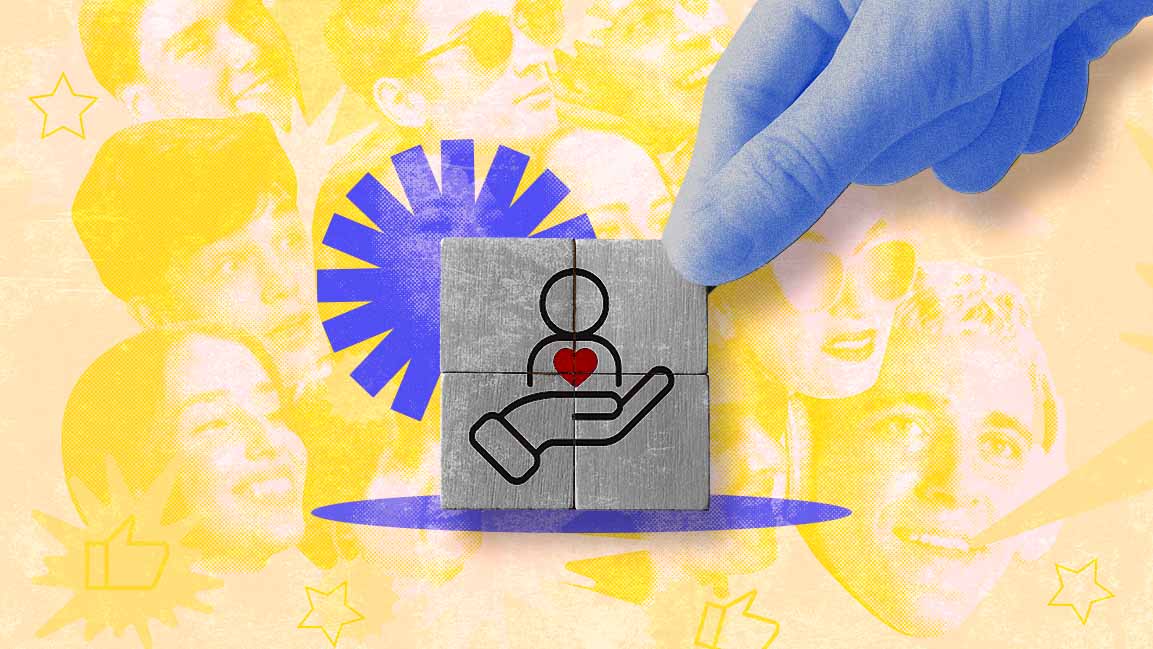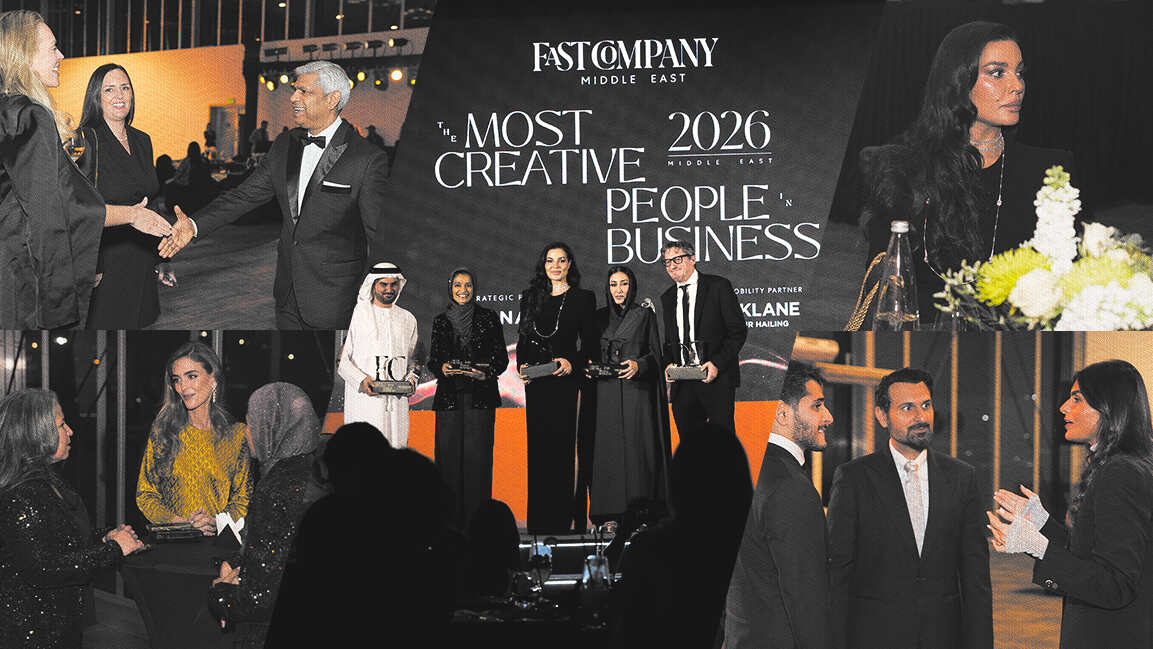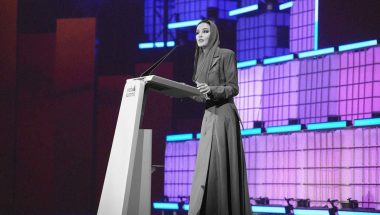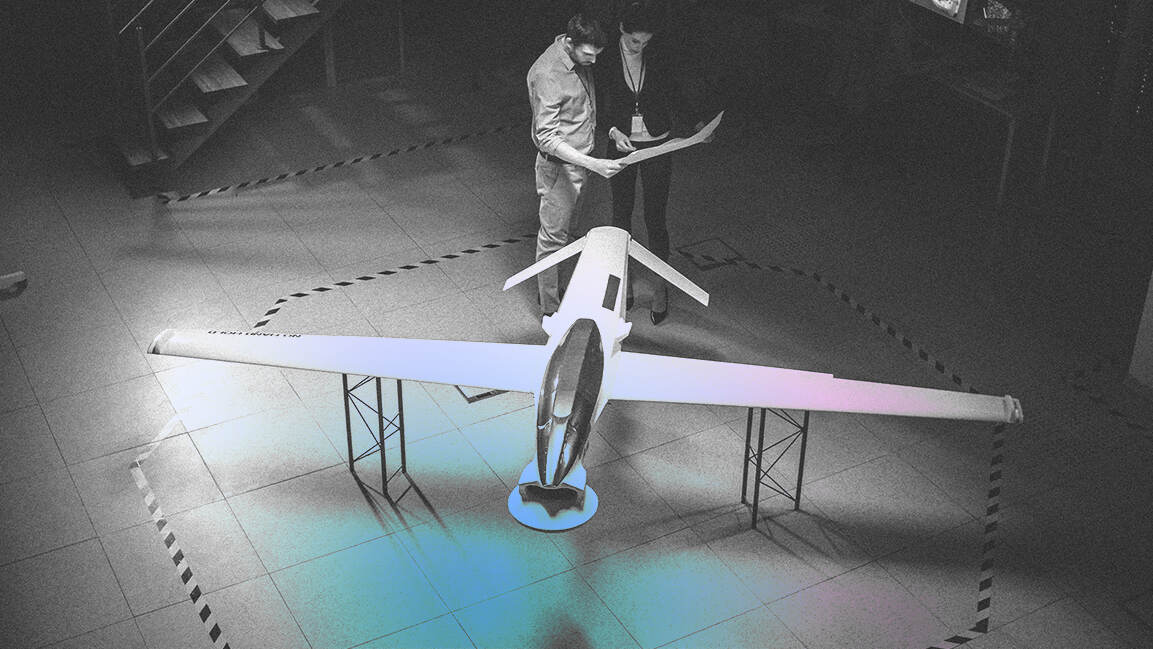- | 9:00 am
Social egg freezing is gaining acceptance in the Middle East. But there are hidden costs
With proper awareness and support, fertility preservation is becoming increasingly common in the region.
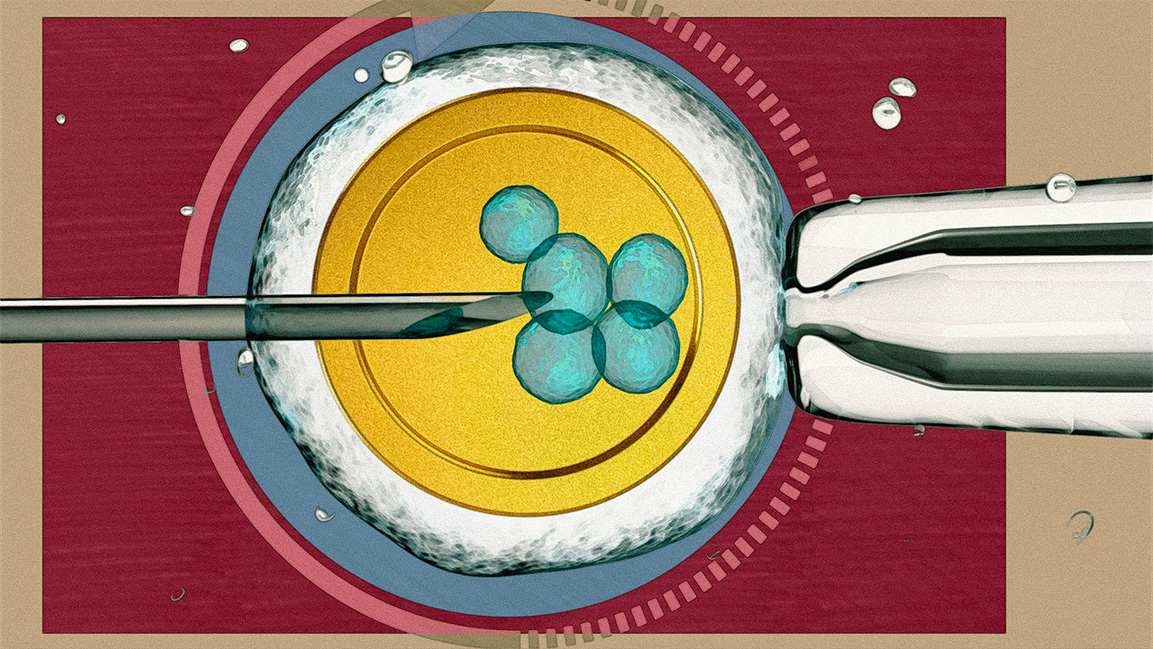
“I don’t know how much more I could take, but I still want to try.” At 38 years old, Sarah, and her husband are trying to conceive a child. With her age flagged as a factor, the couple was advised to undergo IVF treatment to conceive a child.
“I wished I had known about freezing my eggs earlier,” says Sarah. “I got married after building a career.”
REMOVING THE STIGMA
Dr. Husnia Gargash, Director and Consultant for Obstetrics & Gynecology and Reproductive Medicine at Gargash Hospital, says there’s a definite increase in demand for egg freezing in the UAE.
A couple of factors, Dr. Gargash noted, are higher education among women and women becoming more career-focused and delaying pregnancy after marriage.
Dr. Diana Kayal, Medical Director of Obstetrics, Gynaecology & Reproductive Medicine at Bourn Hall Fertility Clinic, says, “The awareness has increased a lot. Social egg freezing, or freezing for non-medical reasons, has become very important, because women [before] didn’t have the option, and the technique has much improved, so the eggs’ survival is much better. Women are working more and delaying having babies.”
Besides social reasons, the rise of egg freezing is also attributed to medical reasons, such as prior to cancer treatment. “Chemotherapy can damage your eggs tremendously; sometimes you will never recover an ovarian function. So you need to freeze your eggs prior to chemo, or a man, for instance, prior to any chemo or testicle surgery,” says Dr. Kayal.
Having conditions such as PCOS or endometriosis has also been a factor, Dr. Kayal explains, “Now we freeze for women that have endometriosis before starting to remove the cyst because when we remove multiple cysts, you will destroy a little bit of the normal ovary to remove a cyst. The cyst might recur and recur, so it is better to preserve eggs.”
Legislation has also become significant in offering options. Dr. Hassan Elhais, legal consultant at Al Rowaad Advocates & Legal Consultancy, explains that in 2021, the new UAE law regarding medically assisted reproduction was amended to permit oocyte cryopreservation for social and medical reasons. It also permits the freezing of human embryos for up to five years, extendable with the consent of both husband and wife.
For single women, egg freezing is allowed, provided a valid medical reason (such as PCOS and advanced maternal age) and approval from the Ministry of Health. Once frozen, it can be stored for up to five years, with yearly consent to renew the storage. They can only use them for their pregnancy after marriage with their husband’s sperm in an IVF procedure. It noted that sperm and egg donations and surrogacy are not permitted.
Legislation in the MENA region varies, though a main critical caveat is it is only allowed in the context of married couples. Saudi Arabia offers no limit on egg storage and allows IVF treatments, Egypt considers egg freezing permissible, though it cannot be fertilized and used after divorce or death. Bahrain allows an embryo to be for five years, again, only available to married couples, while in Oman, eggs can be stored for up to five years and are subject to annual renewal.
TIME IS OF THE ESSENCE
A common misconception many women have about IVF is that it is guaranteed to work, says Cassie Destino, a certified fertility doula and founder of IVF Support UAE, a Facebook group and online website offering information on treatments in the country. “I hear so many women say they aren’t ready to have children, yet, but when they are, they can ‘just do IVF’ to have a baby.”
She adds, “It needs to be considered as an insurance policy. When a woman is ready to have a baby, she should still plan to try naturally first and then turn to her frozen eggs if she froze them for social reasons.”
“It sounds all easy, but it’s the number that counts,” says Dr. Kayal. Firstly, it’s the age of the patient that counts.
“It is better to freeze eggs [when they’re] younger, the better – between 25 to 35 years old would be the best ages,” explains Dr. Kayal. “In this clinic, we freeze up to 42 years old, but it is recommended to freeze at early stages of life because the quality of the eggs deteriorates with age. You know that women are born with a certain number of eggs in the ovaries; we do not make new eggs — we are born with fertility potential.”
“With age, we lose our eggs, and the number and quality of eggs will decline, which will generate fewer pregnancies, even in natural cycles & in IVF. So, for example, I have a 43-year-old woman coming for IVF; her chances of getting pregnant are much less than a woman that is 35. So this is about the quality of the eggs – the more eggs I have at the beginning, the more chances I have of achieving one or more pregnancies.”
She says, “Not every time I transfer an embryo, I will get a pregnancy. In women 35 and below, the chances of getting one are about 60%, not 80 or 100, like some may say.”
Talking about statistics, she explains it depends on when you freeze your eggs. “It depends on the number of frozen eggs you have at the beginning, how many will fertilize, how many will divide, and the success rate will be determined by the age at which the eggs were frozen. So, if you’re 35 years old and you freeze your eggs, your chances of getting pregnant are 50-60%, even if you do egg thaw and you manage to transfer an embryo at the age of 45. Essentially, you freeze time. The success rate is the success rate at the age at which the egg was frozen, and that’s why we say the younger, the better.”
TAKING THE OPPORTUNITY
Some ventures have entered the space to offer support in the fragmented space.
Torkia Mahloul, COO of Ovasave, a femtech startup offering at-home fertility tests in the region, knows firsthand the struggles of the whole process. Malhoul says, “First, you’re very unaware of the need to preserve your fertility, and then even when you want to start, it’s difficult to find the right clinic, the right provider, and finally, you need to pay for the treatment, which is not cheap.”
Together with Majd Abu Zant, the duo decided to offer a venture on fertility and women’s health, “From testing and knowing where the fertility is at, to finding the right clinic, to finally finding a solution to pay for it. We decided to bring fertility and egg freezing treatment and make them more accessible to women in the UAE, and soon, across the region.” The co-founders aim to digitize the process by offering awareness, connecting patients to leading fertility experts, and assisting with payments.
“Egg freezing is a procedure that costs about $8,000; many women who need egg freezing won’t do it because they cannot pay upfront such a big amount, so we offer them payment plans to spread the costs over a few months so that they can finally start their fertility journey,” says Malhoul.
The duo also noted that heightened awareness is a factor driving the surge in egg-freezing process. “Women are learning more about fertility and fertility preservation and other treatment options. More importantly, women have started testing their ovarian reserve,” says Zant. “The moment you test your ovarian reserve and you see that it’s low, that’s the first trigger to testing [your fertility options].”
Meanwhile, Alina Polyakova, founded Mamahood, a health advisory mobile application to support women throughout their reproductive health journey. “We recognize the sensitivity and importance of addressing the needs of women considering egg freezing or IVF treatments, especially here in the region, where there is still a lot of stigma surrounding the issues of women’s health in general, and reproductive health challenges in particular.”
With more than 2,000 members, Polyakova’s platform offers a safe and supportive platform for women to discreetly and anonymously seek advice from professionals through its live chat feature, while its community forum allows women to connect with those facing similar challenges. It recently collaborated with Gargash Hospital to conduct an awareness session by fertility experts on hormonal health and egg freezing.
It also offers at-home lab tests, including a comprehensive fertility package for both men and women, along with a resource hub with evidence-based articles by healthcare professionals. “These collaborations and services will ensure that women are equipped with the knowledge to make informed decisions about starting or expanding their families, based on their unique needs, rather than blindly following recommendations,” says Polyakova.
REMAINING HURDLES
When asked about the biggest hurdles faced, most agree there is a significant cost involved. An egg freezing cycle, essentially part of an IVF treatment, will also include costs in testing, ultrasounds, medications, egg retrieval procedures, and costs to keep the eggs frozen each year.
The cost of egg freezing in the UAE varies between $9,000-$19,000, depending on the medications required and the complexity of the case.
“I am one of the lucky few who had IVF coverage because of my work,” says Sarah. “Some packages like mine cost $7,000, and luckily, I had a 50% discount.” Sarah had medical factors, such as PCOS syndrome and her husband’s low sperm count. She reflects on preparing one’s body for the process as well, “There were a lot of struggles, but we managed through it.”
Another factor to note is that the process takes time and requires several clinic visits.
Destino points out, “As egg freezing becomes more and more recognized as the vital women’s health initiative that it is, more and more companies are understanding and offering women some flexibility in their work schedules to accommodate it.”
Talking about the process of egg freezing in the Middle East, Destino says, “The peace of mind that freezing your eggs can afford you is so valuable. I hope that the word continues to get out about the benefits of egg freezing to younger women while they can collect their eggs while their fertility is strong.”
She concludes, “It’s truly an exciting and empowering thing that a woman can do for herself.”
Note to readers: Some names have been changed as requested.














